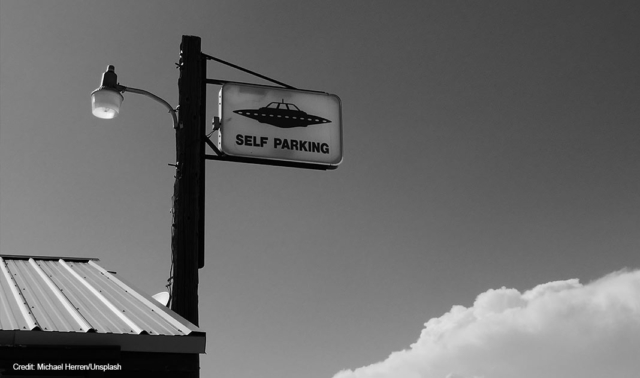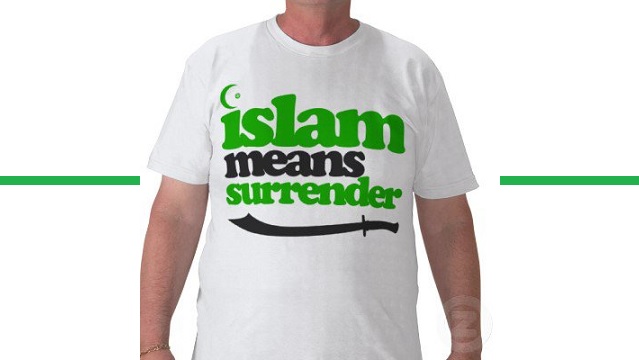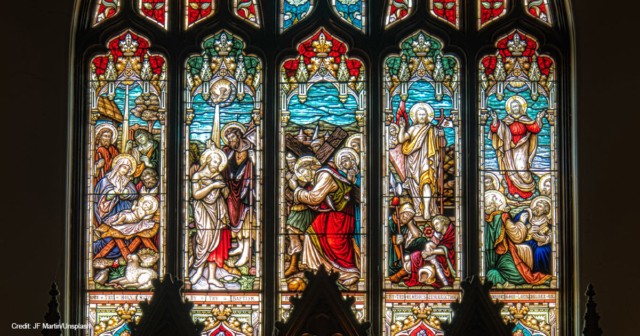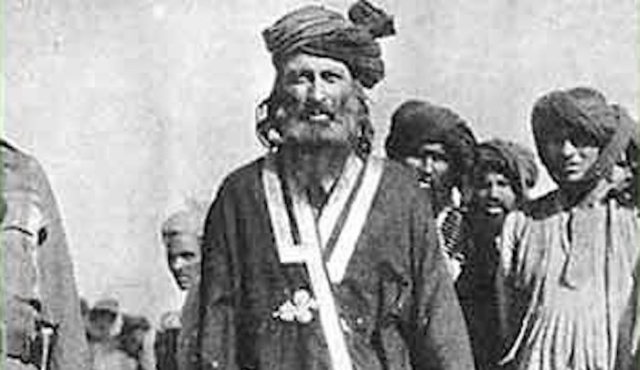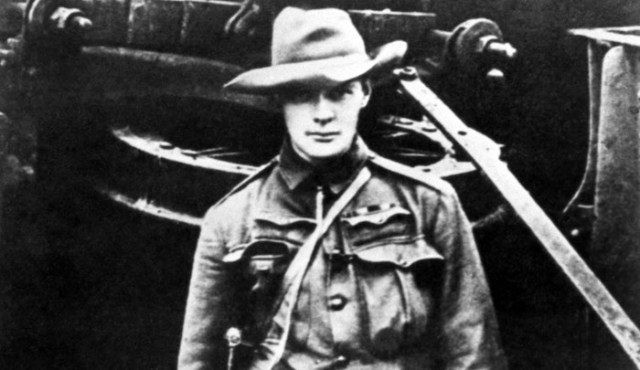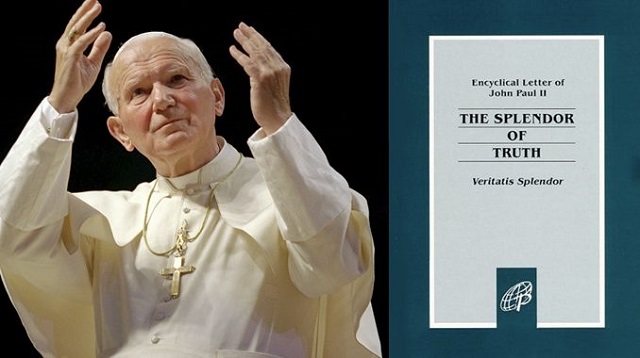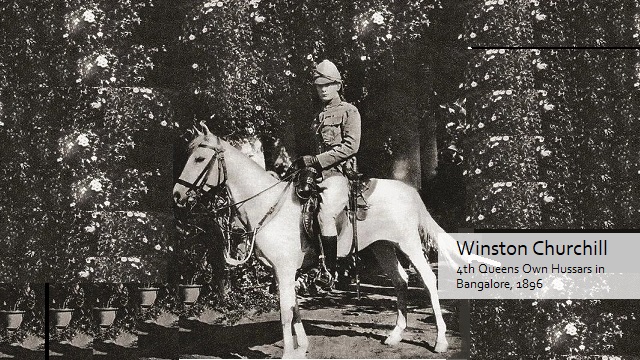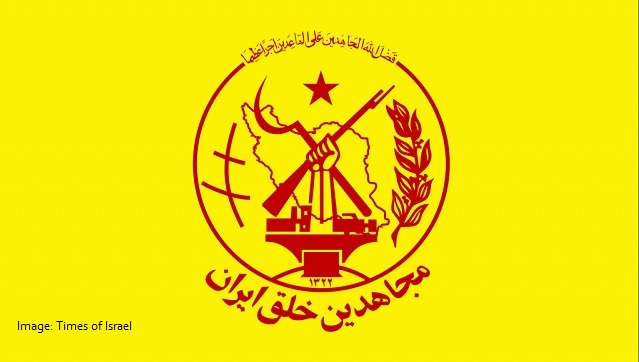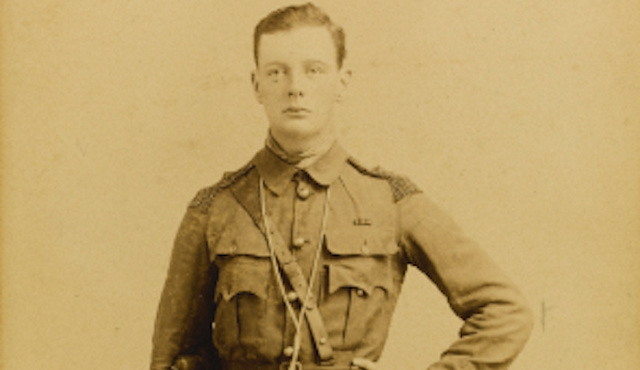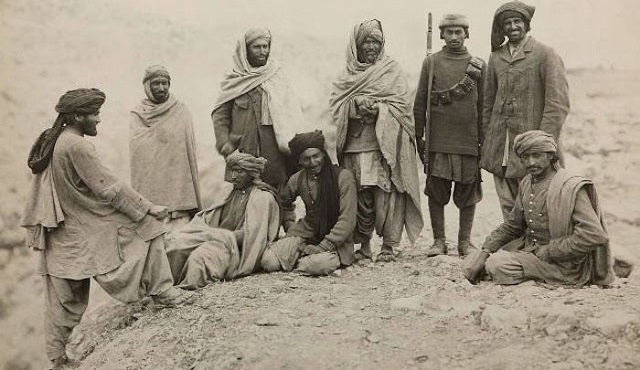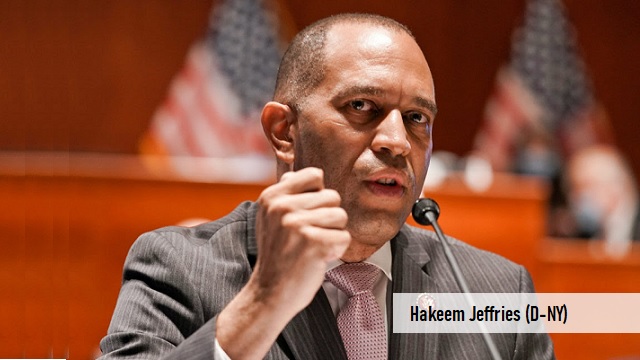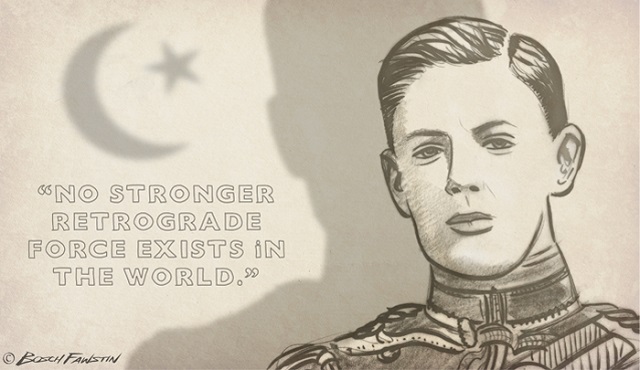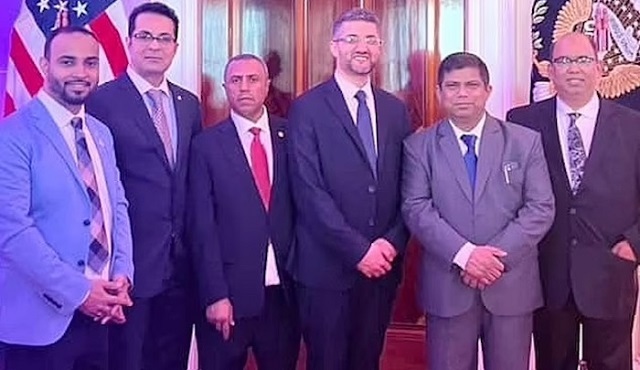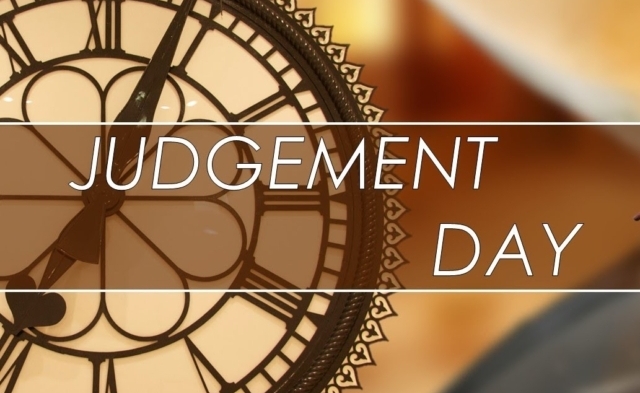
Discipline, punishment, judgment; do all three words mean the same thing? Or is there a difference between them? Let’s take a closer look to see just what these words mean and see how they can affect us, or may already be affecting us.
Discipline
Many parents believe they are “disciplining’ their children when they spank them, but that is not entirely correct. Spanking is more a form of punishment, either verbal or possibly physical intended to bring about a change in behavior for breaking parental rules and results from the judgment by a parent that the child is guilty of rule-breaking.
The root word of discipline is “disciple”, which is derived from the Latin word “discipulus”, which means “student”, or “one who studies”. The actual word discipline is from the Latin word, “disciplina” which means “instruction and training”. In a limited sense, it can also mean correction of certain actions meant to improve a person’s behavior through instruction and training.
Punishment
Per Merriam-Webster Dictionary, punishment is (a) suffering, pain, or loss that serves as retribution, (b) a penalty inflicted on an offender through judicial procedure, and (c) severe, rough, or disastrous treatment.
Punishment is usually inflicted upon one person by another person or by society, while discipline is usually a matter of one training oneself to adhere to certain standards, so it seems the main purpose of punishment is NOT the same as the main purpose of discipline. It can be easily seen from the above explanation that discipline is not to be, or should not be, considered primarily the same as punishment.
Judgment
From The Free Dictionary, judgment means “A decision by a court or other tribunal that resolves a controversy and determines the rights and obligations of the parties”.
From uslegal.com “A judgment is the final decision by a court in a lawsuit, criminal prosecution or appeal from a lower court’s judgment. It is the court’s final decision regarding the rights and obligations of the parties to a case. A judgment is also referred to as a decree.”
The judgment obviously is the action that occurs near the end of a trial when all evidence has been presented and arguments have been heard, and the judge then issues his decree, whether innocent or guilty on charges that were brought. Pending appeals, judgments are usually followed by the punishment decreed.
What are The Three Words Based On?
If discipline is studying, learning or being involved in instruction and training, in order to form or improve one’s behavior, then a “standard of behavior” must be used as the basis for it.
If punishment is involved as a result of actions deemed to be wrong, or illegal, a standard of behavior/form of law must be used as the basis for inflicting punishment upon a person.
If judgment occurs as the result of hearing or observing possibly incorrect or illegal behavior, there must be a finding that one or more of the applicable laws, part of the existing rule of law, must have been violated and that finding is to be used as the basis of the judgment.
Judges at various levels in human government are placed in positions of authority in hearing and deciding who receives a decree of judgment and who is set free.
All of the above are pertinent to the functioning of a valid, fair and honest system of justice in the governments of the World’s nations. In many cases, if not most where the systems of justice are not only invalid, having become so politicized as to be useless, they are run by corrupt people who care little about maintaining law and order or providing true justice for the citizens. In these cases, a lack of law enforcement at the highest levels denies justice and provides a perfect environment for the complete breakdown of society, a departure from law and order, and the endangerment of the very threads of civilization.
But this article is dealing with judgment on a much larger scale than that which affects individuals.
The Purpose of Judgment on Individuals
When a judgment is rendered as a result of a trial wherein a person has been accused of breaking a law, and that person is sentenced to serve time in a prison, or is possibly sentenced to death, what is actually happening to, or for, society? The person, or persons, accused and convicted are “removed from society” thereby cleansing, to some extent, society of some level of evil and danger FROM that evil.
Though it may sometimes seem harsh, or even cruel, to judge and inflict punishment on those found guilty of crimes, it is actually a great benefit to society and intelligent people should always look at judicial proceedings in that light. The purpose of laws is to establish a safe and peaceful environment wherein people may live their lives and raise their children. The continued presence of lawbreakers, who have little regard for peace and safety in a civilized area requires the process of law enforcement and judgments against those who have no respect for the law.
When evil people ignore laws that have been established to maintain that peace and safety, and if the acts of law-breaking are not addressed, chaos soon becomes the norm and peace and safety disappear altogether.
Judgment on Nations
Just as a court of law is the foundation of the judicial system wherein those charged with crimes are “tried”, so God’s Court of Law/Justice is the foundation for His actions in which He judges and punishes the nations for their evil actions.
Nations can be as evil as individual persons, possibly much more so since the leaders of nations tend to be those who will do and say anything to reach their positions of power and control over society. There have been many such nations and leaders throughout history, for example, the empires mentioned in the Book of Daniel and other places in the Bible.
Beginning with Nimrod, who tried to build a tower that would reach heaven, thereby establishing him as a god, tyrants have gained and maintained control over masses of people who merely wanted to live in peace, but tyrants have no regard for anything but their own pride and self-enrichment.
Their evil consisted then, as now, of doing everything imaginable to contradict God and His word, and assume control over that which was meant for individuals and God. Satan set the example of such evil when he tempted man and assumed power over the World, given to him by Adam’s sin. God had intended for mankind, with Adam as the first, to use His word (God’s Law) as a guide to establish God’s truth and purpose on this earth, which is to replenish the Earth and to reveal God to all mankind in His majesty, His wisdom and knowledge, His glory and His eternal love for all His creation, especially His man.
But sin and disobedience allowed Satan to disrupt that plan and caused God to bring judgment on all of sinful mankind.
God who (1) established the nations of the World and (2), instituted government in those nations, and (3) Who is the owner of the Earth and everything in it (Psalm 24:1), has the right to (4) charge every nation with breaking His law and (5), bring judgment on every nation, based on His Word (His Law).
Throughout human history, God has used various means of chastening the people of the world for their ant-God or anti-Christ actions. His purpose was always to bring them back into line with His established word. Sometimes His actions were verbal, while other times He allowed or caused serious problems to overtake the guilty nations.
The one time when He went far beyond chastening was during the time leading up to Noah’s Flood when the behavior of humanity was so evil that there was no hope of bringing them back from the brink. His decision to destroy all humanity and animal life, safe pairs of clean animals and eight human souls resulted in a new start for mankind and a new opportunity to display a voluntary obedience to His word.
The Charges Against the Nations
In his perfect timing, His charges and His judgment will be issued against every nation, to prove their guilt or innocence. The question is: What criteria will be used, based on His Word, to charge against the nations, to determine their guilt or innocence? What will those nations, if determined to be guilty as charged, be found guilty of?
God issues His decree for the expected behavior of the World toward the offspring of the man He chose to be the father of many nations, as well as the one from whom Messiah would come. In Genesis 12:1-3, God promised to bless anyone, whether an individual person or a nation that would bless Abraham; He also pronounced and guaranteed a terrible sentence upon persons or nations that disrespected or cursed Abraham.
Merriam-Webster Dictionary defines the word “bless” as (1), to speak well of, (2) to confer prosperity or happiness upon. Speaking well of a person would be tantamount to respecting that person, while conferring prosperity upon would refer to aiding and assisting that person in times of difficulty and trouble. I believe this is what God meant when He pronounced that policy regarding Abraham and his offspring to the World.
I need to say this at this point: “God is NOT a man that He should lie, neither the son of man that He should repent…” (Numbers 23:19). God does NOT change: “For I am the Lord, I change not…” (Malachi 3:6). God Who is righteous, indeed Who IS righteousness, cannot lie, because there is no evil in Him, and when He utters His word, He will not change it. His very existence, His majesty and His Righteousness is based on His Unchangeability.
When He spoke the words to Abraham, recorded in Genesis 12:1-3, they became Law and are eternal in nature and will not ever change, just as He will not ever change. They are as active and alive today as they were when He spoke them to Abraham. No matter who the individual, or the nation, that speaks evil of the Jewish people and curses them, they will all will face the judgment and wrath of Almighty God and He will carry out the sentence He has decreed upon such people and nations.
The judgment of individuals who have been found guilty in a court of law provides the benefit of cleansing society of evil people. In the same manner when Jesus returns and sets foot on the Earth again and judges the nations from His throne in Jerusalem, His judgment will provide the benefit of cleansing the Earth of all evil prior to The Lord’s Millennial Reign. Then He and Hos saints will all have a more pure environment to begin the work of restoring the ravaged Earth.
At this point in time, we are about to witness another move by God that will eliminate all evil from the world and provide a safe, peaceful and perfect environment for 1000 years on the earth.
If you live in a nation that has offended God with sin, disobedience and/or apostasy, now would be a good time to begin praying for God to bring a revival of the Church and a time of repentance of the people before God’s judgment OF the nations becomes His punishment ON the nations.
Once that judgment begins, it will be too late for repentance.
The judgment on the final nations of the world will be covered in the next article, “The Coming Separation Between Sheep Nations and Goat Nations”.
God chose one man, Abram, later named Abraham, to be the one through whom God’s only begotten Son would descend. Abraham was selected, set apart from every other man on Earth, and given the great responsibility of showing forth God’s love, mercy and grace to the entire race of man. Along with that responsibility came great and marvelous blessings. God promised that Abram would be “a great nation”, that “his name would be great” and that he would “be a blessing”, and He decreed that he would be a blessing to all nations (Genesis 12:2). Further, God declared that he would be the “Father of many nations” (Genesis 17:4),
The choice of Abraham was God’s, and His alone. For those who might question why God chose that particular man, you will need to discuss this with the Almighty. Personally, I have learned to accept, by faith, that which I find in God’s word that cannot be explained apart from faith.
It must be remembered that God is the ultimate planner and His plans are always perfect. His plan to introduce a savior, a man who would offer Himself as a sacrifice to redeem all mankind back to God, was made before He even created Adam (before the foundation of the world). In His perfect foreknowledge, He knew Abraham and for whatever reason, he was the man chosen to be the father of the people through whom the RIGHTEOUS man, Jesus, the Messiah, God’s only begotten Son, would come. In Genesis 18:19, we read, “For I know him, that he will command his children and his household after him, and they shall keep the way of the LORD, to do justice and judgment; that the LORD may bring upon Abraham that which he hath spoken of him”.
The lineage of Abraham, through his son Isaac, and thence through his grandson Jacob, was to remain pure and undefiled, separated from, and undefiled by, the other tribes of the world, which defilement would have made it easier for Satan to introduce false gods to them. The Israelites, the whole of the Jewish people, were to be the example of God’s love, compassion, mercy, and forgiveness to the entire Gentile world through their obedience to God.
Abraham, his children and all their descendants were to keep themselves free from idolatry and were to be totally dedicated to the God Who selected him from a world of fallen human beings who increasingly knew less and less of the God who created the universe. Because mankind was created to be worshippers of God, but were separated from Him by disobedience, people still wanted and needed something to worship, and therefore idolatry was rampant, and every nation, tribe and kingdom had its own plethora of idols and false gods.
Moses, the writer of the first five books of the Bible, recorded God’s commands and demands to the Israelites after He brought them out of Egyptian bondage. In the 28th chapter of Deuteronomy, He lists all the blessings that would “come on them” if they were obedient to the voice of God. In return for meeting His expectations, great and wonderful blessings were promised to the Jewish people. From verse 3-14, twelve verses in all, the blessings are detailed.
However, in verses 16-68, God then lists all the curses that would overtake them if they were disobedient, a total of fifty-three verses of cursing.
I suggest you read both the blessings and the cursings that God had decreed.
In return for meeting His expectations, great and wonderful blessings, including eternal life with Him in an unimaginable paradise, are provided, not only to the Jewish people, but to all those Gentiles who accept God’s redemption through Jesus Christ and remain obedient to God’s word.
Throughout the Bible, you can read accounts of God dealing with men as both individuals and nations/kingdoms. He has clearly spelled out what He requires of all of us, and it basically involves obedience to His word.
God Creates the Nations
There are currently 195 individual nations in the World, with 193 being members of the United Nations and two that have “non-member observer status”. Some of these nations are young with only a short historical resume, while others have been in existence for thousands of years.
I recommend you read Genesis chapters 9-11 and see where the sons of Noah and their offspring were settled after the great Flood of Noah. It will provide a great education on the beginnings of many of the earliest nations on Earth and especially the nations that became the worst persecutors of Israel.
Many of the nations were created as a result, either directly or indirectly, of decisions made by Almighty God, one of the greatest of which was the “dividing” of the peoples of the Earth who, up to that point, all spoke the same language and were a part of the kingdom of Nimrod who built the Tower of Babel.
When God saw the intent of Nimrod, who was a distinctly wicked person, He came down to Earth to see what man was doing and, as a result, he stopped Nimrod’s and all his people’s attempts to build a tower that would reach to the heavens and “make a name for themselves”. That desire to rise above all else and be like God sounds as though Satan had a hand in Nimrod’s work, eh?
God scattered all the peoples of Nimrod’s kingdom by confusing their language so that there was no longer one common language; the peoples who could understand each other separated from the ones they could NOT understand and traveled great distances to settle themselves in remote areas.
At some point after the flood, in the time of Peleg (Genesis 10:25), the land mass of Earth was separated into the various continents we see now. Looking at a map of the earth, or a world globe, it can easily be seen that the eastern outline of North and South America seems to fit perfectly with the western outline of Europe and Africa. Likewise, the outline of the Asian continent seem to fit together with Australia and the various Indian Ocean and South Pacific island chains.
Whether this separation of Earth’s land masses was instantaneous or occurred over a period of years, no one knows for certain, but so many want to try to explain such occurrences from their limited knowledge or as a “natural” geological occurrence, without ever considering that God told Job that God and He alone, had the wisdom and knowledge to lay the foundations of the Earth and measure its vastness. A God Who has such wisdom should never be put into a box by man and limited by the weakness and ignorance of man. He can do exactly as He pleases with the Earth because it all belongs to Him (Psalm 24:1-2).
The separated land masses were the plan of God to cause mankind to spread out over the Earth’s surface to replenish and cover the whole earth. As such, people groups were gathered together and separated from other peoples by their various languages.
The Jews and the Gentiles
Throughout history since the Flood of Noah, the descendants of Abraham, who sprang from Shem, the middle son of Noah, had been the focus of God’s work on Earth, up to the time of the rejection of Jesus as Messiah. Their rejection of God’s Son brought judgment and punishment in the form of themselves being ignored by God until the time of Daniel’s 70th week when God will, once again, deal with them as His disobedient children.
The Jewish people, the offspring of Abraham, Isaac and Jacob, were given a huge responsibility, that of taking the message of God’s love, His goodness, His compassion and His faithfulness, and His plan of redemption to the entire Gentile world.
All the nations of the world were to be offered God’s redemption plan that would eventually come through Abraham’s offspring. Through the centuries after God chose Abraham, the chosen Jewish prophets, along with other various Jewish individuals, were the ones most often sent to deliver God’s offer. Their responsibility was to live as examples of God’s love, and remain pure, holy, and separated from idolatry. Had they remained obedient to God’s word and commands to do so, their blessings would have been limitless.
The responsibility of the lost nations was to hear God’s word, receive it with joy and gladness and respect the Jews through whom it was delivered.
But, all too often, the Jewish people failed through their pride and arrogance and disobedience, wandering off after false gods. When those times occurred, God’s judgement was pronounced, and often, one or more of the Gentile nations were chosen by God to be the means of His judgment and punishment of the Jewish people. During these times, the Gentiles were to be obedient to God as His servants in bringing the Jews back into His fold.
There are biblical accounts of peoples and nations that received God’s message and responded with repentance and mourning; the story of Jonah being sent to Nineveh in Assyria was one such account.
However, all too often, the intended recipients of God’s mercy became more hostile toward the Jews and not only disrespected them, but captured them, enslaved them, and killed them.
It is true that God has used many nations to punish the Jews when they were disobedient and had strayed from His plan for them. God delivered them into the hands of their enemies, just as He said He would do in the list of the “cursings” that would befall them if they rebelled and disobeyed His voice. Even though God allowed the enemy nations to punish the Jews, usually by taking them into captivity, He was very displeased when those nations overstepped their bounds and carried His punishment too far.
Nations of Sheep – Nations of Goats
Even though we read of the separation of the sheep and goat nations in Matthew 25, when Jesus was answering the questions of His disciples concerning the signs of the end of the age, the actual time of that judgement occurs after the Tribulation Period, the 70th week of Daniel’s prophecy, or the final week of the 70 weeks of years (490 years). The seven years long Tribulation Period will be the final time period in this age for God to deal directly with the Jewish people, bring His final judgment on the offspring of Abraham and then confront all the nations of the World. The majority of the decisions made by the nations in their treatment of the Jews, determining which nations will be the sheep and which will be the goats were made long before the end of this age, but many are still occurring now.
The Judgment of the Nations, also called the Sheep and Goat Judgment, is the judgment of every nation on Earth which will be brought before King Jesus on His throne during the time between the end of the Tribulation Period and the beginning of Jesus’ Millennial Reign; He will place the sheep nations on His right hand and the goat nations on His left hand. But what will be the criteria Jesus uses to delineate between the sheep and the goats?
In Matthew 25, Jesus explains to His disciples, the sheep nations will go into the Millennial Reign with Him: “Come, ye blessed of my Father, inherit the kingdom prepared for you from the foundation of the world: For I was an hungred, and ye gave me meat: I was thirsty, and ye gave me drink: I was a stranger, and ye took me in: Naked, and ye clothed me: I was sick, and ye visited me: I was in prison, and ye came unto me” (Matthew 25:35-36).
When questioned by them as to when they did the deeds that Jesus said, He explained to them: “…. Verily I say unto you, Inasmuch as ye have done it unto one of the least of these my brethren, ye have done it unto me” (Matthew 25:40).
In like manner, He said to the goat nations, “Depart from me, ye cursed, into everlasting fire, prepared for the devil and his angels: for I was an hungred, and ye gave me no meat: I was thirsty, and ye gave me no drink: I was a stranger, and ye took me not in: naked, and ye clothed me not: sick, and in prison, and ye visited me not (Matthew 25:42-43). And when they questioned them about their failure to do those deeds, Jesus answered, “Verily I say unto you, Inasmuch as ye did it not to one of the least of these, ye did it not to me (Matthew 25:45).
Matthew 25 ends with this verse: “And these shall go away into everlasting punishment: but the righteous into life eternal”.
“For the eyes of the Lord run to and fro throughout the whole earth, to shew himself strong in the behalf of them whose heart is perfect toward him” (2 Chronicles 16:9).
When Jesus calls all the nations of Earth to appear before His throne and separates them into sheep and goat nations, the “trial” is already over, the decisions of judgment have been made by the Righteous judge and all that awaits is the announcement of the punishment to be given. The decision of which nations are sheep and which are goats does NOT occur mere minutes before Jesus calls those nations to appear before His throne. The records that God has always kept since He created man are flawless and complete; He misses nothing. The deeds done throughout history concerning the treatment of the Jewish people by the nations of the World are the basis of the Sheep and Goat Nation judgment. The decisions made by them in their dealings with the Jews, the Nation of Israel, has already determined their place before the throne of King Jesus, and His decision on their fate is one from which there is NO APPEAL; it will be final and eternal.
Blessings and Maranatha!
©2023. Bud Hancock. All rights reserved.
RELATED ARTICLE: Belief in God Reaches All-Time Low Among Americans


